
What is the ideal mix of companies?
There is no such thing as a universally ideal share investment, because all investors are different. In particular, different investors have different attitudes to risk, liquidity and investment horizons. Brokers often try to help their clients choose stocks by producing lists of companies classified in various ways – for example, growth companies and value companies….
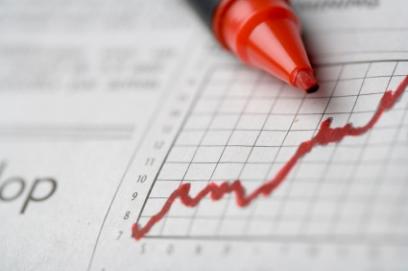
What is the price/earnings ratio of the overall market?
By Nick Renton AM Share investors are no doubt familiar with the concept of the price/earnings ratio for an individual stock. This ratio is defined as the market price of a share expressed in cents divided by the earnings per share also expressed in cents. The ratio can be described as the number of years’…
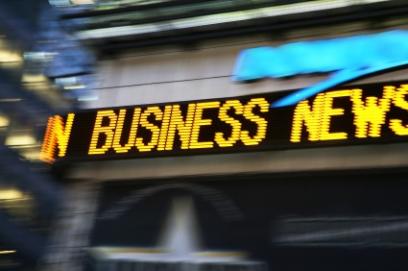
What news, indicators and events move stocks the most?
he share market is so volatile at the moment that it can move sharply the instant any economic news is released. Investors can feel obliged to react quickly and then regret their actions, but it is hard not to be swayed by the news of the day. How does the investor or trader filter through…

What does it mean to be positively or negatively geared with margin lending?
What does it mean to be positively or negatively geared with margin lending, and what circumstances would you use each? Response: An investor has a positively geared margin loan when the dividends payments exceed the interest costs. In such a case the income stream from the investment is (more than) self-funding. If the investor is…

Should I take out a fixed or variable margin loan?
I’m not sure whether I should take out a fixed or variable rate margin loan. What are the advantages and disadvantages of each, and what type of investor do they suit? Your choice of interest rate on a margin loan (variable or fixed) depends on your financial and tax circumstances, your opinion as to the…
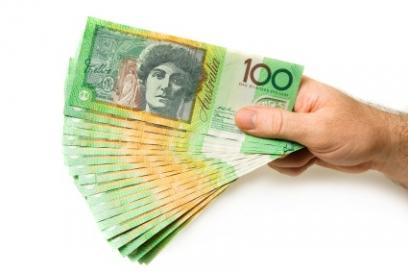
Should I buy a warrant on the primary or secondary market?
What is the difference between buying a warrant from a warrant issuer and buying it on the ASX? What are the pros and cons of each? Response: Buying a warrant from a warrant issuer is often referred to as purchasing through the primary market. Buying a warrant on the ASX is referred to as a…
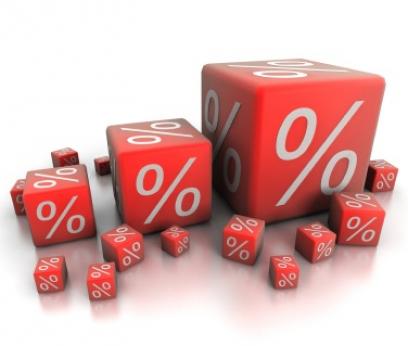
Why is it Worth Sticking to the 2% Rule?
The rule roughly states: Risk a maximum of 2% of your trading capital on any one trade. This way you can make 100 losses in a row and still have some money left. So if your trading account is $50,000, you allocate $1000 to each trade. If your account is $100,000, you allocate $2000. So…
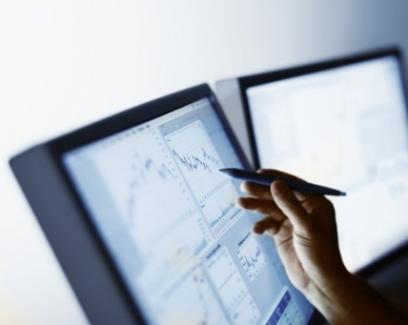
What does dividend stripping mean?
‘Dividend stripping’ traditionally has been a popular strategy with active investors, looking to generate franked income via the purchase of physical shares prior to a declared dividend being paid by a company. The strategy is usually implemented by buying the shares several weeks before the ex-dividend date on the premise that shares often rally as…

How do margin calls work on CFD trading?
While statements, particularly trading statements can seem confusing, it is important to know when it is that you will go into a margin call situation. Often traders only look into how and when it is they will receive a margin call, only when they actually get the call. To assess whether you are due to…

Why do forex traders always talk about range trading?
No, range trading doesn’t require you to use a laptop while you are in the saddle….it is a way of taking advantage of markets where a clear trend exists, and prices range up and down within a well-defined channel. Range trading is a strategy that depends on selling highs and buying lows of a well-defined…




